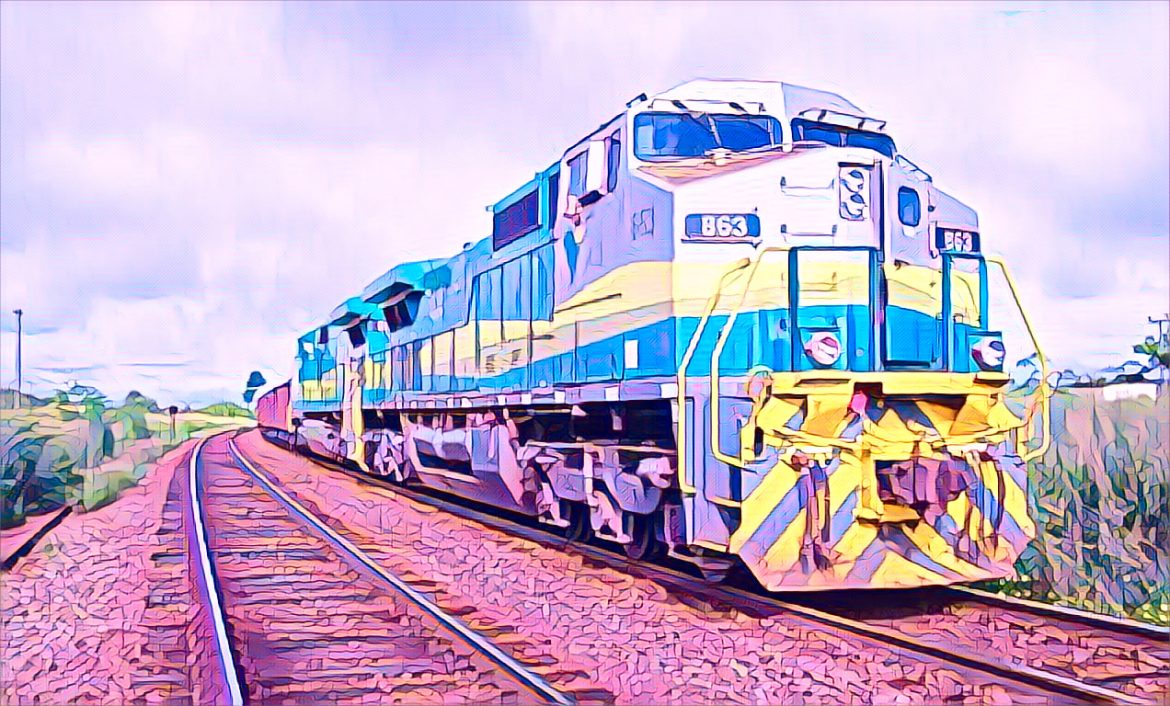To leverage its vast coal reserves, Botswana, along with neighboring Mozambique and Zimbabwe, has inked an agreement that could transform regional trade dynamics. This rail and port project aims to channel Botswana’s extensive coal deposits to global markets through Mozambique, a strategic move given the pressing shift towards renewable energy.
The signing ceremony, held this past Friday and broadcast across Mozambique’s state television, saw the ministers of transportation from the three countries solidify their commitment to enhancing infrastructure that has long awaited modernization. Mozambique’s Minister of Transport and Communications, Mateus Magal, outlined the project’s scope which includes substantial upgrades to existing railway lines and the construction of new links, resulting in a deep-water port located south of Mozambique’s capital near a renowned national park.
This port is intended to serve as a gateway for Botswana’s coal, which the World Energy Council estimates to be worth an astounding 212 billion tons. It is not simply another development. There is no denying Botswana’s pressing need to take advantage of its coal assets before the world’s energy revolution reduces their value. Considered a possible “stranded asset,” coal runs the risk of going out of style if it is not sold quickly.
Supporting this endeavor, the African Development Bank has contributed about $4 million for a feasibility study. Given that the project has languished for decades without making much headway, this financial support is essential. But it now faces a time when funding for coal-related projects is becoming scarcer. The increasing reluctance of the world’s financial community to invest in coal, considered the most polluting fossil fuel, poses a great challenge to the project’s viability.
This reluctance was highlighted by the experiences of Ncondezi Energy Ltd. in Mozambique. Initially planning a 300-megawatt coal power plant, Ncondezi signed a construction deal with China Machinery Engineering Corp. in late 2021, hopeful for subsequent Chinese financial backing. However, the situation shifted when Chinese President Xi Jinping declared an end to funding overseas coal projects that same year. Left in a state of uncertainty, Ncondezi shifted away from coal, rebranding itself as Solgenics Ltd and turning its focus to developing solar power.
The scenario reflects a broader, global reckoning with coal’s environmental impact, especially given its significant contributions to greenhouse gas emissions. The project, therefore, not only has to navigate financial hurdles but also increasing scrutiny from environmental perspectives, especially considering its proximity to a national park hosting elephants and cheetahs.
The partnership between Zimbabwe, Mozambique, and Botswana highlights a common goal to improve economic opportunities while addressing the environmental challenges of the current energy scenario. The project is essential to Botswana’s economic plan since it has the potential to generate billions of dollars in coal income. It offers Mozambique a chance to strengthen its position as a maritime hub for the region. Additionally, it might provide Zimbabwe with improved access to maritime trade routes, supporting its own efforts to recover economically.



